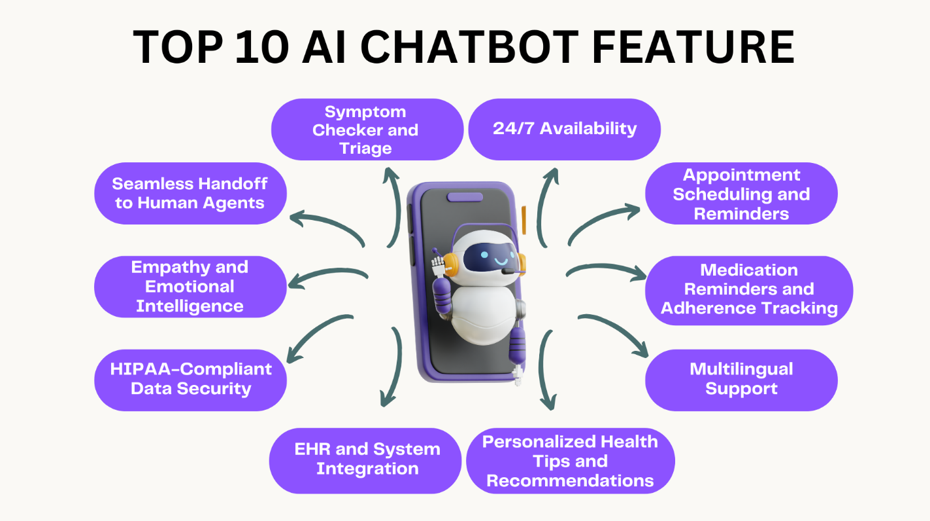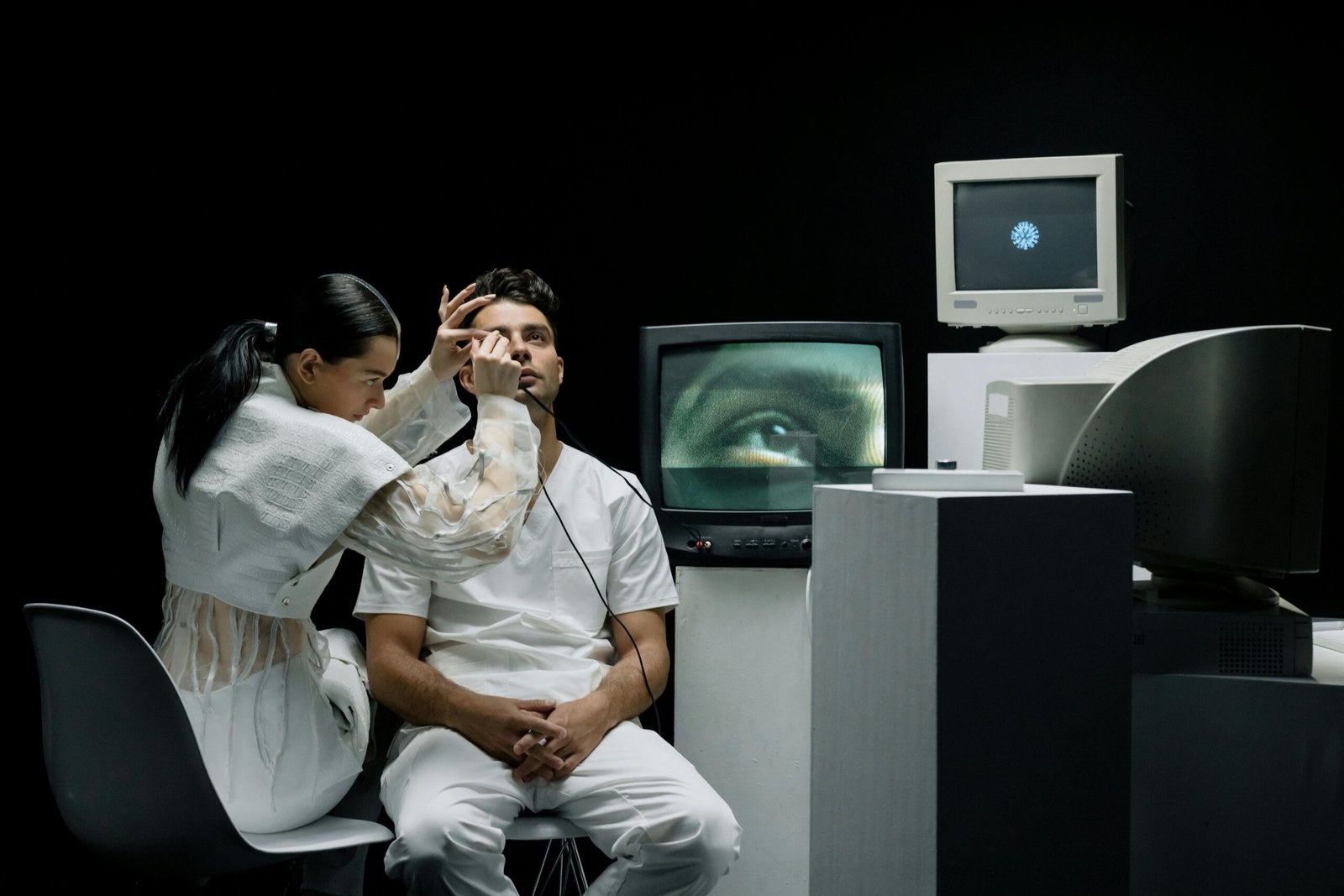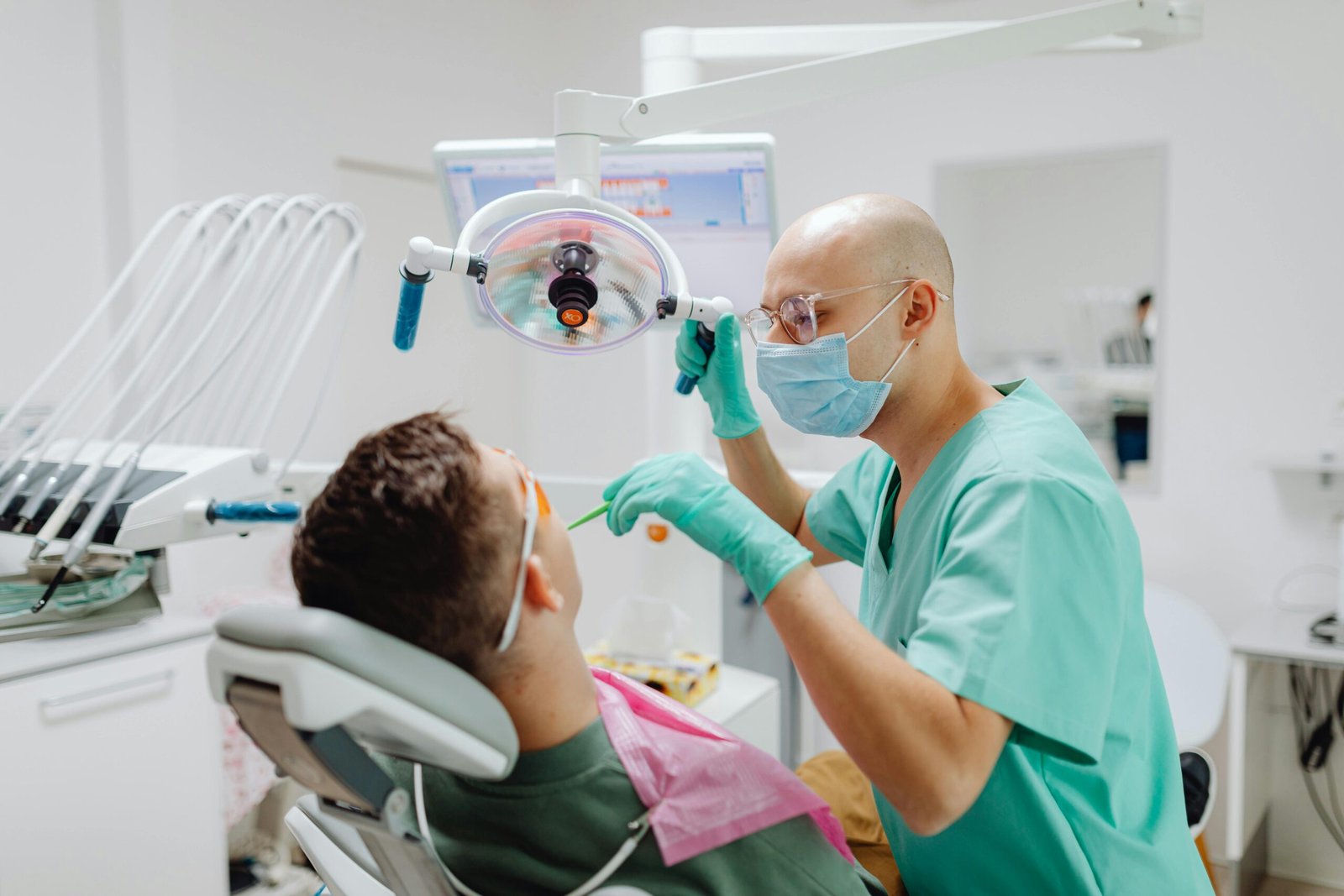Table of content
- What is Ai and Gen Ai?
- What is generative Ai in healthcare?
- What types of AI and generative AI consulting services includes in Healthcare?
- Conclusion
What is Ai and Gen Ai?
Generative AI is a subset of artificial intelligence that concentrates on creating new content, including images, text, or music. In contrast to traditional AI systems that operate based on specific rules and algorithms, generative AI generates new content. systems are trained on large datasets.
AI systems leverage algorithms, data, and machine learning techniques to develop intelligent behavior and improve performance over time.
Generative AI models use unsupervised learning algorithms, which learn patterns and structures within data without explicit labels or supervision.
What is generative Ai in healthcare?
Generative AI offers the potential for more precise diagnoses, tailored treatment plans, and advancements in drug discovery. While some healthcare operations, such as managing relationships with healthcare systems, require a personal touch, generative AI can enhance these processes.
Administrative and corporate functions, along with interactions involving patients and healthcare providers, often entail navigating through large volumes of logs and data, which can be a tedious manual task. Generative AI can efficiently summarize this data, regardless of its size, thus saving valuable time AI and generative AI consulting services.
A recent report suggests that the worldwide market for generative AI in healthcare is expected to reach $21 billion by 2032. Consequently, in the near future, stakeholders like insurance companies, hospital administrators, and leaders of physician groups are likely to adopt generative AI across various facets of healthcare delivery and management, spanning from patient care to administrative tasks.
What types of AI and generative AI consulting services includes in Healthcare?
Generative AI in healthcare holds transformative potential, providing a range of innovative applications that improve patient care, optimize healthcare operations, and enhance medical research. Generative AI refers to AI models, such as GPT (Generative Pre-trained Transformer), that generate text. create new content such as text, images, or even molecular structures based on the data they’ve learned from. Here’s how generative AI is being used in healthcare:
1.Drug Discovery and Development
Molecule Generation: Generative AI models can design new drug molecules by predicting chemical properties and suggesting novel compounds. This accelerates the process of identifying viable drug candidates by simulating how molecules will interact with biological targets.
Chemical Structure Optimization: AI can help fine-tune drug candidates for optimal performance by generating improved versions of existing chemical structures, reducing the trial-and-error process in drug development.
2.Medical Imaging and Diagnostics
Image Synthesis and Enhancement: Generative AI can produce synthetic medical images (like MRIs or CT scans) to train machine learning models when real data is limited. These synthetic images can also be used to enhance the quality of low-resolution scans, improving diagnosis accuracy.
AI-Assisted Image Interpretation: Generative models can help radiologists by suggesting potential diagnoses based on medical imaging, reducing errors and speeding up diagnosis.
3.Personalized Treatment Plans
Customized Therapies: Generative AI can generate personalized treatment plans for patients based on their unique genetic profiles, medical histories, and real-time health data. This helps optimize treatment efficacy, particularly in complex cases like cancer or chronic illnesses.
Precision Medicine: AI can simulate various treatment outcomes and generate specific recommendations for medications or dosages tailored to an individual’s health needs, increasing the chances of successful outcomes AI and generative AI consulting services.
4.Virtual Health Assistants and Chatbots
Patient Interaction: Generative AI powers intelligent chatbots that can interact with patients, answer health-related questions, and guide them through healthcare processes. These virtual assistants can handle appointment scheduling, medication reminders, and even symptom checking.
AI-Driven Triage: Chatbots using generative AI can provide initial assessments of symptoms and generate advice on whether a patient should seek immediate medical attention, reducing the workload on healthcare professionals.
5.Creating Synthetic Patient Data
Synthetic Data Generation: AI can create synthetic healthcare data that mimics real patient data but without privacy concerns. This data can be used for training AI models, testing new technologies, or conducting research without compromising patient confidentiality.
Training AI Systems: Synthetic data can be used to train AI models for healthcare applications like disease detection or patient management systems, improving the models’ robustness without relying solely on real patient data.
6.Enhancing EHR Systems and Documentation
Automated Medical Notes: Generative AI can assist healthcare providers by creating detailed medical notes from consultations. AI tools can generate documentation in real-time based on speech-to-text input, freeing up doctors to focus on patient care.
Summarizing Patient Histories: AI can automatically summarize long patient records into concise, relevant data points, helping clinicians quickly access key medical information before consultations or during decision-making.
7.AI in Clinical Decision Support
Clinical Recommendations: Generative AI models can assist healthcare providers by generating treatment recommendations based on patient data, medical literature, and best practices. These systems help clinicians make informed decisions, especially in complex cases.
Predictive Analytics: Generative AI can generate predictive models that estimate the likely outcomes of treatments or surgeries, assisting doctors in planning personalized care strategies.
8.Generating Medical Training and Simulation Data
Simulated Medical Scenarios: AI can generate realistic medical training scenarios, allowing healthcare professionals to practice decision-making in a virtual environment. This can be especially useful for rare or complex cases where real-world training opportunities are limited.
AI for Medical Education: Generative AI can create educational content, including quizzes, case studies, and virtual patient interactions, which helps medical students and professionals continually develop their skills AI and generative AI consulting services.
9.Enhancing Clinical Trials with Generative AI
AI-Generated Clinical Trial Protocols: AI can assist in generating optimized clinical trial protocols, suggesting inclusion criteria, patient recruitment strategies, and trial designs that maximize efficiency and reduce trial durations.
Simulated Patients for Trials: Generative AI can create virtual patient profiles for testing drugs or treatment methods in silico (computer-simulated environments), reducing the reliance on human subjects and speeding up trials.
10.AI-Driven Virtual Therapists
Mental Health Support: Generative AI powers virtual mental health assistants and chatbots that engage patients in conversation, offering support for anxiety, depression, and other mental health issues. These AI systems can simulate therapeutic interactions, providing continuous support to patients between professional consultations.
Behavioral Health Monitoring: AI tools can generate personalized suggestions and behavioral therapy exercises for patients, providing real-time feedback based on user input and interaction with the virtual assistant Medical Image Analysis.

Conclusion
Generative AI is playing an increasingly important role in healthcare by enhancing drug discovery, diagnostics, personalized medicine, patient engagement, and clinical operations. Its ability to create synthetic data, generate new medical insights, and assist in decision-making processes offers significant opportunities to improve efficiency, reduce costs, and deliver better outcomes for both patients and healthcare providers. As AI technology advances, its use in healthcare will continue to expand, further transforming the industry AI and generative AI consulting services.








